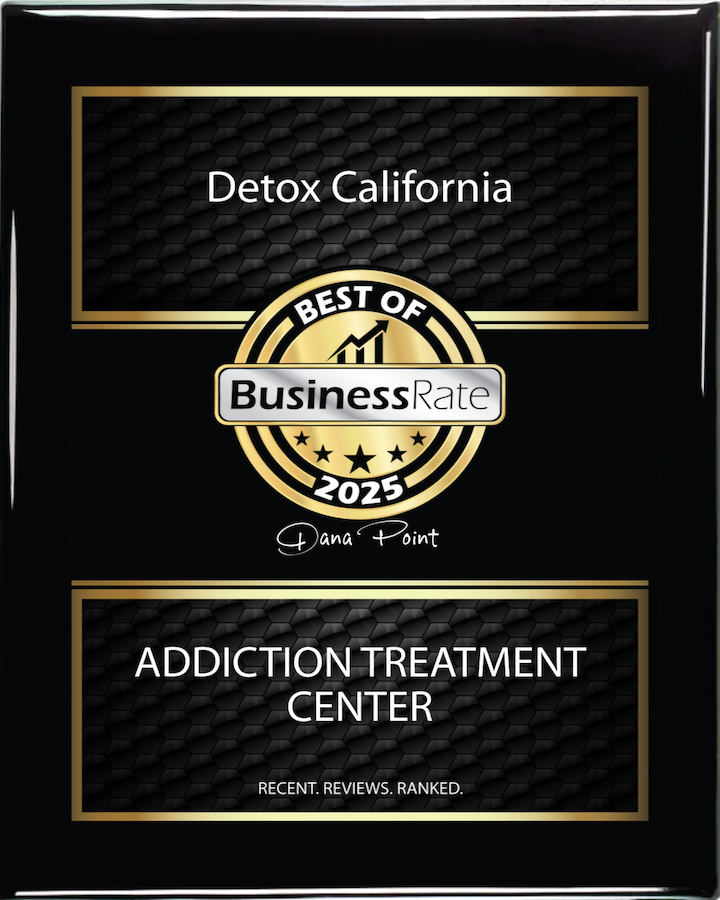Helping a loved one struggling with alcohol addiction can be challenging, but your support can make a difference. This guide provides six simple steps to assist someone with a drinking problem, along with resources like Alcoholics Anonymous, Al-Anon, and professional treatment options. With the right approach, you can help them take the first steps toward recovery and long-term well-being.
Understanding the effects of alcohol addiction and how it impacts both physical health and mental well-being is crucial when offering support. It’s important to approach the situation with compassion and patience, as recovery is often a gradual process. With resources such as family therapy, support groups, and healthcare providers, you can help create a foundation for sustainable, positive change.
Recognizing Alcohol Use Disorder
Alcohol Use Disorder (AUD) is a medical condition characterized by an inability to control drinking despite its negative impact on health, relationships, and responsibilities. Common signs include increased cravings, withdrawal symptoms when not drinking, and spending a lot of time obtaining or consuming alcohol. Recognizing these behaviors in a loved one is often the first step toward helping them seek professional help.
The effects of alcohol misuse can extend to mental health conditions, physical health problems, and social well-being. If you notice frequent binge drinking, changes in drinking habits, or signs of alcohol dependence, it’s essential to address the issue early. Acknowledging these patterns without judgment can encourage them to explore treatment options like detox programs or addiction treatment centers.
Step One: Don’t Try to Fix Your Loved One
It’s natural to want to help a loved one struggling with alcohol addiction, but attempting to “fix” them on your own can often do more harm than good. Alcohol Use Disorder is a complex condition that requires professional help and a structured treatment plan. While your support is invaluable, recovery is ultimately a personal journey that your loved one must choose to embark on.
Instead of trying to control their actions or decisions, focus on providing encouragement and accessing resources like support groups or professional treatment programs. Groups such as Al-Anon and Alateen offer support for family members, helping you understand how to cope with your loved one’s addiction and foster an environment that encourages recovery without enabling harmful behaviors.
Step Two: Have Empathy, Not Judgment
Approaching a loved one’s struggle with alcohol addiction requires empathy rather than judgment. Addiction is often tied to underlying issues such as mental health conditions, trauma, or stress, and overcoming it is not simply a matter of willpower. Judging their behavior can create shame and defensiveness, pushing them further away from seeking help.
Instead, strive to understand their challenges and offer compassionate support. Listen without criticism and acknowledge their feelings, even if you don’t fully understand their experiences. Empathy fosters trust and openness, creating a safe space for them to discuss their struggles and consider treatment options such as detox programs, professional counseling, or support groups like Alcoholics Anonymous.
Step Three: Maintain Healthy Boundaries
Maintaining healthy boundaries is essential when supporting a loved one with alcohol addiction. While it’s natural to want to help, overextending yourself can lead to burnout and may unintentionally enable their behavior. Clear boundaries help protect your well-being while encouraging your loved one to take responsibility for their actions and seek the professional help they need.
Healthy boundaries might include refusing to cover up for their drinking, avoiding financial support for alcohol-related expenses, or setting limits on how their behavior affects your life. By maintaining these boundaries, you can offer support in a way that promotes accountability and reinforces the importance of seeking treatment, such as detox programs or inpatient care.
Step Four: Learn About Support
Educating yourself about available support options is a crucial step in helping a loved one with alcohol addiction. Programs like Alcoholics Anonymous, SMART Recovery, and Al-Anon provide valuable resources for individuals struggling with alcohol misuse and their families. Understanding these programs can help you guide your loved one toward the support they need while also ensuring you have the tools to cope with the challenges of their addiction.
Support isn’t limited to formal programs—it also includes building a network of understanding family members, friends, and healthcare providers. By learning about treatment options, such as detox programs, inpatient facilities, and 12-step groups, you can offer informed guidance that aligns with their specific needs. This knowledge empowers you to encourage them toward recovery while ensuring you have access to resources for your own well-being.
Step Five: Encourage Professional Help
Encouraging your loved one to seek professional help is a crucial step in addressing alcohol addiction. Professional treatment provides a structured approach to recovery, combining medical, psychological, and emotional support tailored to the individual’s needs. Understanding the various types of professional help available can help you guide your loved one toward the best option for their situation.
Detox Programs
Detox programs focus on safely managing the withdrawal symptoms that occur when someone stops drinking. These programs are often medically supervised to ensure the individual’s health and safety. By stabilizing the body and reducing cravings, detox serves as a vital first step in the recovery process, preparing individuals for further treatment.
Inpatient Treatment Centers
Inpatient treatment centers provide a comprehensive, immersive approach to recovery. These facilities offer 24/7 care, structured schedules, and a supportive environment free from external triggers. They address both the physical and mental health aspects of addiction, often incorporating therapy, group support, and life skills training to help individuals build a foundation for long-term recovery.
Outpatient Programs
Outpatient programs allow individuals to receive treatment while maintaining their daily responsibilities, such as work or family obligations. These programs often include therapy sessions, support groups, and coping skills training. Outpatient care is an excellent option for those with a stable home environment and a lower risk of relapse.
Therapy and Counseling
Individual and group therapy plays a significant role in addiction recovery. These sessions, often led by licensed therapists, help individuals explore the root causes of their addiction, develop coping strategies, and rebuild their mental well-being. Family therapy is also an option, providing loved ones a chance to heal and grow together.
Support Groups
Support groups like Alcoholics Anonymous, SMART Recovery, and Al-Anon offer ongoing encouragement and accountability. These peer-led groups provide a sense of community, helping individuals and their families stay motivated and connected throughout the recovery process.
By understanding these options, you can support your loved one in finding the right path to recovery and offer reassurance that professional help can lead to lasting change.
Step Six: Be Patient and Practice Self-Care
Recovery from alcohol addiction is a journey that takes time, and patience is key when supporting your loved one. Progress may come in small steps, and setbacks can be part of the process. Remaining patient and understanding helps create a supportive environment that encourages long-term recovery. It’s important to remember that your role is to support, not to control or force change.
Equally important is practicing self-care. Supporting someone through addiction can be emotionally draining, so it’s vital to prioritize your own mental and physical well-being. Engage in activities that bring you joy, lean on support groups like Al-Anon for guidance, and don’t hesitate to seek professional counseling if needed. By taking care of yourself, you’ll be better equipped to support your loved one while maintaining your own health and balance.
Don’t Struggle Alone
Helping a loved one overcome alcohol addiction is a challenging journey, but you don’t have to face it alone. Professional treatment programs like ours at Detox California are here to provide the expertise and support needed for both you and your loved one. Our compassionate team specializes in detox and inpatient care, offering a safe, luxurious environment to begin the path to recovery.
Located in beautiful Dana Point, our facility is designed to promote healing and well-being in a serene coastal setting. Whether you’re seeking help for a family member or looking for guidance on the next steps, we’re here to support you every step of the way. Contact us today to learn more about our treatment options and how we can help your loved one achieve long-term recovery.

















